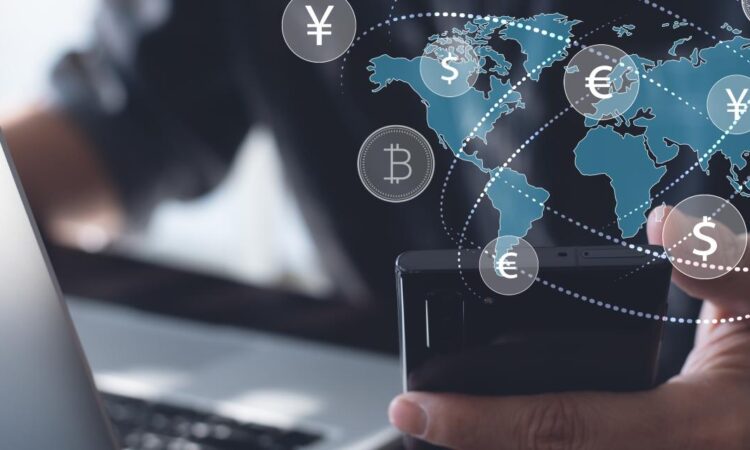
Maaike Okano-Heijmans and Brigitte Dekker contributed the chapter “Different Futures for a Digitalised Global Financial System: How can Europe deal with Politicisation and Weaponisation?” in the report “Digitalisation and Geopolitics: Catalytic Forces in the (Future) International Monetary System”. The report is published by the Italian think tank Istituto Affari Internazionali.
Report: Digitalisation and Geopolitics – Catalytic Forces in the (Future) International Monetary System
The recent “weaponisation” of finance against Russia might accelerate actions and ambitions to rethink financial globalisation to reduce the global dependence on Western-led currencies and payment infrastructure. Transformations in the international monetary system have historically been slow to materialise, though. Inertia and frictions are key forces that tend to consolidate the unipolarity of the system but, in the context of growing politicisation of money, the process of financial digitalisation can be a crucial force of change in pushing for diversification. Even though no other contender can challenge the existing US-dominated dollar system in the short-to-medium term, it is key to strategically reflect upon the long-term implications of a possible erosion of the Western leadership in the global monetary system.
This volume focuses on the key question of whether recent geopolitical tensions and economic dislocations could be a catalyst for transformation in the current international monetary system.
Table of contents
- The Future of the International Monetary System: Geopolitics and Technology (Luca Fantacci and Lucio Gobbi)
- CBDCs and the US Dollar: Motivations and Emerging Issues (Ananya Kumar)
- Going Global: The Political Ambition and Economic Reality of the (Digital) Euro (Nicola Bilotta and Erwin Voloder)
- Different Futures for a Digitalised Global Financial System: How can Europe deal with Politicisation and Weaponisation? (Maaike Okano-Heijmans and Brigitte Dekker)
- China’s e-CNY as a Geopolitical Weapon: A New Era of Minilateralism in Asia’s Digital Economy (Kai von Carnap)
- Golden Parachute: Financial Sanctions and Russia’s Gold Reserves (Daniel McDowell)
Chapter 4 summary: Different Futures for a Digitalised Global Financial System: How Can Europe Deal with Politicisation and Weaponisation?
The chapter by Clingendael’s Research Associate Brigitte Dekker and Senior Research Fellow Maaike Okano-Heijmans discusses the ways in which digitalisation reshapes the global financial system and analyses the consequences for the potential politicisation and weaponisation of that system by European governments. In doing so, it considers two key developments in digitalisation that constitute sources of uncertainty – namely, concentration versus diversification of players in the financial system, and regulatory harmonisation versus the fragmentation of digital finance.
Aiming to contribute to improved policymaking in this field, Dekker and Okano-Heijmans then consider the opportunities and challenges for the EU and its member states that accompany four hypothetical future scenarios deriving from these uncertainties – each of which comes with specific consequences for the potential weaponisation of finance.
A key conclusion emerging from this scenario-study is that if human-centred principles and standards are indeed key objectives of EU action, policymakers would do well to carefully consider the consequences of each scenario for its citizens. Avoiding unregulated Big Tech in the financial sector while also allowing for innovation beyond traditional market players emerges as an important element in this strategy. This is a fine line that the EU needs to walk; however, it is necessary if the Union is to both reap the benefits of digital finance and protect consumers from the monopolistic power of Big Tech.






